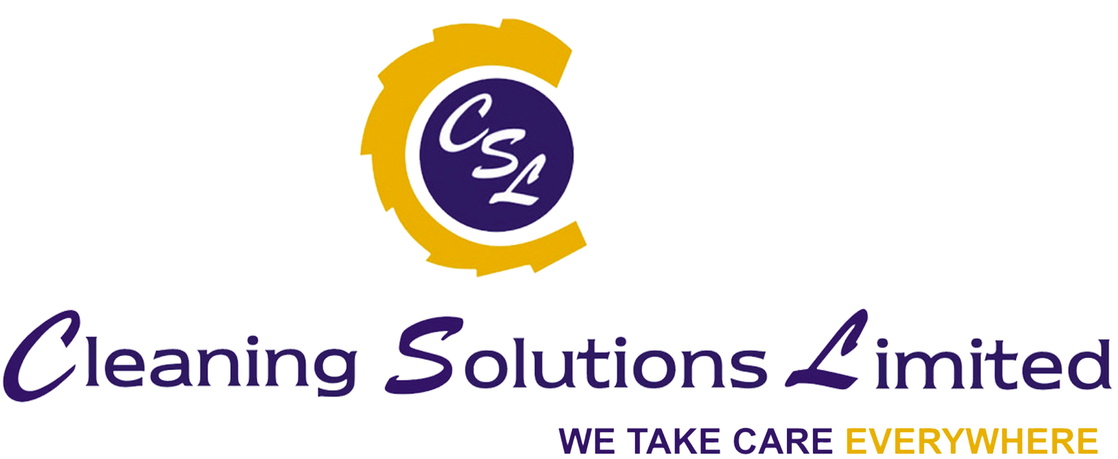SAFE HANDLING AND APPLICATION OF DETERGENTS AND DISINFECTANTS
Category: Essential | Level: Basic | Languages Available: English
Course Description
CSL wants to ensure that all cleaning chemicals are handled properly and safely to prevent accidents that could potentially hurt the user and affect the safety of others. The Safe Handling and Application of Detergents and Disinfectants course ensures a basic understanding of the potential risks of using cleaning chemicals and the processes that should be in place to minimize the risk.
Suitable For
- Mandatory for employees using cleaning chemicals in their day to day role.
- Suitable for employees who may come into contact with hygiene chemicals.
Learning Objectives
The training program will cover key areas to provide a better understanding of how to perform, in a safe manner, cleaning with chemicals. Key content includes:
- Reasons for cleaning
- How to clean
- Food safety regulations and requirements
- Chemical hazards
- Chemical safety
- Protective clothing
- Cleaning up after spillage of chemicals
- First aid treatment
MICROBIOLOGY FOR FOOD AND BEVERAGE
Category: Essential | Level: Basic | Languages Available: English
Course Modules
- Introduction & Growth of Microorganisms
- Spoilage Organisms
- Pathogen Organisms
Course Description
The Microbiology for Food and Beverage Plants course is an introduction to microorganisms found in food processing, their impact, and how to control their growth. The course is a foundation for the specific microbe control training courses and it is recommended that it is completed before any of the more advanced courses.
The fundamental principles are explained in a concise way to explain the types of microorganism important to food and beverage manufacturing, the conditions they need to grow and how, through altering these conditions, their growth can be controlled.
Suitable For
- Employees in food and beverage production areas.
- Learners who are intending to take the Specific Microbe Hygiene Academy courses.
Learning Objectives
Each of the three modules has its own objectives. By the end of the series learners will understand:
- The naming and types of microorganism.
- The benefits of microorganisms.
- The impact they have in food and beverage production.
- How to control microorganism growth.
- Bacteria, Fungus, Yeast and Virus.
- Spores
- Biofilms
PRINCIPLES OF HYGIENE AND SANITATION IN FOOD AND BEVERAGE PROCESSING
Category: Essential | Level: Basic | Languages Available: English
Course Modules
- Basic hygiene and cleaning concepts
- Cleaning chemistry
- Food Microbiology
- Disinfection (Sanitation)
- Monitoring and Documentation
Course Description
The Principles of Hygiene and Sanitation in Food and Beverage Processing course in introduction to, or refresher of, the fundamental cleaning and sanitation requirements in food and beverage processing to achieve a good level of hygiene and introduces advanced concepts such as microbiology. The course is a foundation for all of our other training courses and it is recommended that it is completed before any of the more advanced courses.
The fundamental principles are explained in a concise way to explain why and how we clean before exploring how hygiene chemicals works and how hygiene procedures should be managed, monitored and documented.
Suitable For
- New employees in food and beverage production areas.
- All employees concerned with the production of food and beverages.
- Learners who are intending to take other.
Learning Objectives
Each of the five modules course has its own objectives. By the end of the series, learners will understand:
- Why we clean and the consequences of not cleaning.
- The types of microorganism related to food and beverage production, the impact they have and how to control them.
- The difference between detergents and disinfectants and how they work.
- How to safely use cleaning chemicals.
- Why and how to monitor cleaning, and how to measure performance.
- How and why cleaning should be documented.
